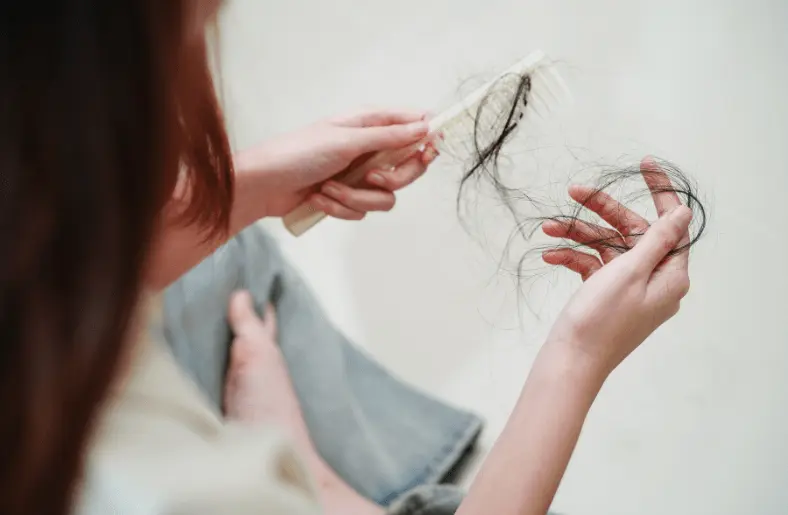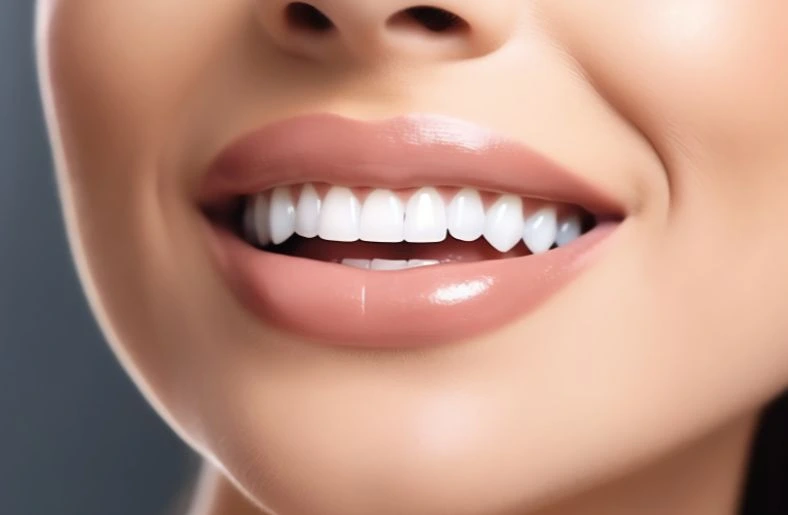Hair loss can be distressing, especially when you're not sure of the cause. Many factors can
contribute to thinning hair, and one often overlooked reason is vitamin deficiency. Ensuring your
body gets the right nutrients is crucial for maintaining healthy hair. In this post, we’ll explore the
common vitamin deficiencies linked to hair loss and how you can address them through proper
intake.
Common Vitamin Deficiencies Linked to Hair Loss
1. Vitamin D
The health of hair follicles is significantly influenced by vitamin D. Hair thinning and loss may result from a disruption in the growth cycle caused by a vitamin shortage. Since our bodies produce Vitamin
D When exposed to sunlight, it can be difficult to maintain healthy levels, especially
during winter months or for those who spend a lot of time indoors. Incorporating foods
rich in Vitamin D, such as fatty fish and fortified dairy products, or using supplements,
can help restore hair growth.
2. Vitamin B7 (Biotin)
Biotin is one of the most well-known vitamins when it comes to promoting hair health. It’s
often found in hair supplements, but deficiency in Biotin can result in brittle, thinning hair.
Biotin supports the structure of keratin, a protein that is crucial for the health of your hair,
skin, and nails. Eggs, nuts, and whole grains are excellent sources of Biotin that can
help you prevent hair thinning.
3. Vitamin E
Vitamin E is another essential nutrient for hair health. Known for its antioxidant
properties, it helps combat oxidative stress that can lead to hair loss. A deficiency in
Vitamin E may result in a lack of shine and increased hair breakage. Nuts, seeds, and
green leafy vegetables are great sources of Vitamin E.
4. Iron
While not a vitamin, iron deficiency can significantly affect hair health. Your cells, particularly those that promote hair development, benefit from iron’s ability to transport oxygen. Low iron levels,
especially in women, can contribute to thinning hair and even hair loss. Spinach, red
meat, and legumes are rich in iron and can help boost your levels naturally.
Addressing Hair Loss Through Proper Vitamin Intake
The good news is that addressing vitamin deficiencies can improve hair health and prevent
further loss. Consulting with a healthcare provider for a blood test can help identify specific
deficiencies. Once identified, correcting these deficiencies through dietary changes or
supplements is key.
For those looking to improve hair health even further, consider using targeted products such as
a hair growth serum for women to complement your vitamin regimen. These serums can help
nourish your scalp and encourage hair regrowth, especially when paired with a balanced diet.
If you' re dealing with additional skin concerns, like rosacea, it may be beneficial to explore
rosacea skincare products to keep your skin in its best condition while you work on improving
your hair health. Managing overall wellness, from skin to hair, often requires a holistic approach,
including addressing nutrient deficiencies, stress management, and proper care routines.
Also Read: Ideal for Every Hair Type
By addressing common vitamin deficiencies and enhancing your hair care routine, you can
potentially stop hair loss in its tracks and promote thicker, healthier growth.




